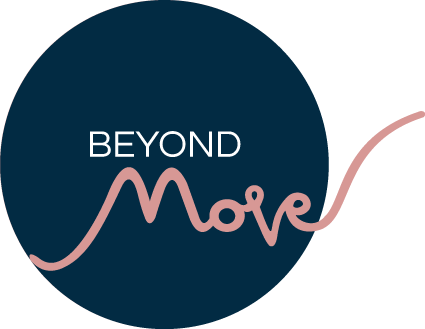Release, Rest & Recharge
Release, Rest & Recharge
There is always a lot to explain in class. Personally, I mainly focus on the technicality and allow the participants to experience what is happening within them for themselves, rather than suggesting what ‘should’ be happening. While precision is crucial, if we bring awareness to the internal processes as well, it can bring a wonderful sense of well-being and also really speed up our progress.
So let’s focus on the benefit of release.
When an emotion is not fully processed, or we are not entirely ready to release some fear or anxiety, it can become stored in the body.
Modern life puts us under a lot of stress. We clench our jaws and even our buttocks! We stoop, slouching the shoulders, chin jutting forward. Without even being conscious of it we tighten our hips and pelvic floors to suppress emotions.
What is happening to us during Pilates & Yoga?
In class, we invite you to stop gripping, clenching and tightening but rather to connect to your muscles, nerve endings, breath and ultimately to yourself.
Physiologically, all exercise releases endorphins, which interact with serotonin and dopamine, the chemicals that impact mood. More specifically during the practices of both Pilates and Yoga, we connect our breathing to the activation of our deeper core muscles. This triggers the ‘relaxation response’ in the body.
As our emotions are calmed we feel more grounded and more aware of how we are moving. The quality of our movements becomes more profound, allowing us to release unnecessary tension and therefore also trapped emotions. This release can come in many forms, often crying or the opposite, laughing.
Knowing that this is happening, is half the battle. So how can we support ourselves to truly experience these subtle processes?
Listen to your breath. Be curious about how your breath can soften and release muscle tension. Take deep breaths and slow exhalations, to allow the parasympathetic nervous system, and therefore the muscles, to respond.
Be gentle and slow down. I always say this in class during stretching. Rapid, sharp movements can make things worse.
Pay attention to yourself. Try not to look at what others are doing on their mat. Comparing yourself to others is not helpful. Where are you are holding unnecessary tension? Observation is the first step to becoming more fluid in your movements. And with fluid movements comes an abundance of benefits!
Love, Noemi x

